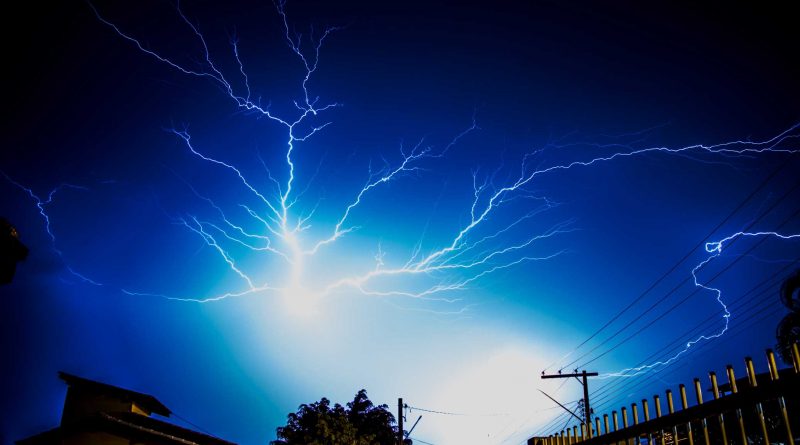What To Do If Your House Is Damaged By An ‘Act Of God’
Among the types of perils you may face as a homeowner, an ‘act of God’ is perhaps the most confusing. An act of God refers to any peril that occurs due to natural forces. For example, unlike a fire due to an electric fault or a candle falling, a wildfire is an act of God. The same would be true of damage caused by an earthquake, hurricane, or tornado, among other disasters.
Ideally, your home should be protected as best as possible against common natural forces. For instance, you should take steps to keep your property safe from tree damage if you have trees that might fall in a storm. But you cannot be prepared for any and every eventuality, and you may have to claim from insurance for damage caused by an act of God.
Here is what you need to do if your house is damaged by an act of God.
Check which type of insurance covers it
Homeowners insurance policies cover acts of God, but there are some instances that are excluded. In popular states where flooding is increasingly common, private insurance companies do not cover it. The same is true for wildfires in high-risk regions. Rather, it is the Federal Emergency Management Agency (FEMA) or other federal and state institutions that provide coverage.
If you live in one of these regions, you will already be paying these institutions for coverage. This is the only way you will be able to claim for these events. Before you make your claim, you should therefore ensure you are sending it through to the right provider.
Assess your culpability
Unfortunately, insurers will not always pay your claim even if they cover the act of God which caused the damage. This is because they may find you culpable for the damage. How can they blame you for something called an act of God? Well, they can determine that it is only because of your negligence that the event caused real damage.
This is often the case when it comes to flooding if you have not taken common sense safety measures to protect your home. Similar is true if you do not reinforce your doors and windows in an area where hurricanes are very common.
Try and assess your own culpability. This is a tough thing to do after the fact, but it allows you to prepare for any objections your insurer has. You may be able to provide evidence that your negligence was not to blame or that you did in fact take steps which simply did not help. You may have receipts for the work you had done which did not hold up.
List the damage
Another step you should take is to go through your home and list what has been damaged. You may find that there is more damage than you had thought, as the cost of ruined clothing and other possessions adds up. You may find that your home requires even more work than anticipated in order to get back into a livable condition.
Your insurer may have exclusions, especially if your contents coverage is not high enough to cover what you have lost, but try to claim what you can.
Claim for costs of habitation
Many homeowners insurance policies do not just pay out what is necessary to repair your home, but also what you need to find a place to live while the work is done. They may pay for the hotel you are inhabiting, as well as any associated costs due to lack of access to your home and appliances.
Your insurer may not pay for your entire stay if the work at your home continues longer than expected, but they will help you maintain your quality of life over the agreed-upon period.
Damage caused by an act of God can be disheartening, but your insurance will help you get through it. Make sure you haven’t been negligent so that they will pay your claim promptly and without any issues.

